About Our Presenters
 Dr. Markus Ahrens
Dr. Markus Ahrens
Professor of Accounting and District Department Chair
St. Louis Community College
Markus Ahrens is a Professor of Accounting and currently serves as the District Department Chair for the Accounting & Business Department at St. Louis Community College. Markus has received national and state awards for his teaching and his innovation in the classroom, including most recently, the 2019 Innovation in Accounting Education Award from the American Accounting Association and EY. Currently, Markus serves as the Chair-Elect for the Board of Directors for the Missouri Society of Certified Public Accountants (MOCPA), Chair for the American Institute of Certified Public Accountants (AICPA) Academic Executive Committee, and as the President for the Teaching, Learning & Curriculum Section of the American Accounting Association. Markus is a past Chair for the MOCPA Education Foundation Board and is a past Trustee for the AICPA Foundation Board. In addition, Markus served as the 2017-2018 Council Chair for the American Accounting Association. Markus is a past President for the Two-Year Section of the American Accounting Association, past Chair for the Conference on Teaching and Learning in Accounting, and past President for the Missouri Association of Accounting Educators. Markus’ primary research interests are experiential learning in accounting education and student engagement utilizing technology. In addition, Markus co-founded TeachingandLearningToolbox.com, a free website dedicated to providing educators with up-to-date teaching and learning resources “where technology connects with pedagogy to raise the learning bar.”
Is Your Accounting Program Ready for Evolution – From the Intro to the Capstone Course?
The accounting profession is changing and so are accounting programs through pipeline initiatives to prepare graduates for the next twenty years. CPA Evolution is a response to profession demand for increased tax acumen, technology skills and information systems knowledge through discipline exams beginning 2024. Whether you are an accounting stakeholder onboarding students into your accounting program, serve as the capstone course coordinator or shepherd student along their accounting journey, you will want to join this round table session to discuss where you fit in the accounting evolution.
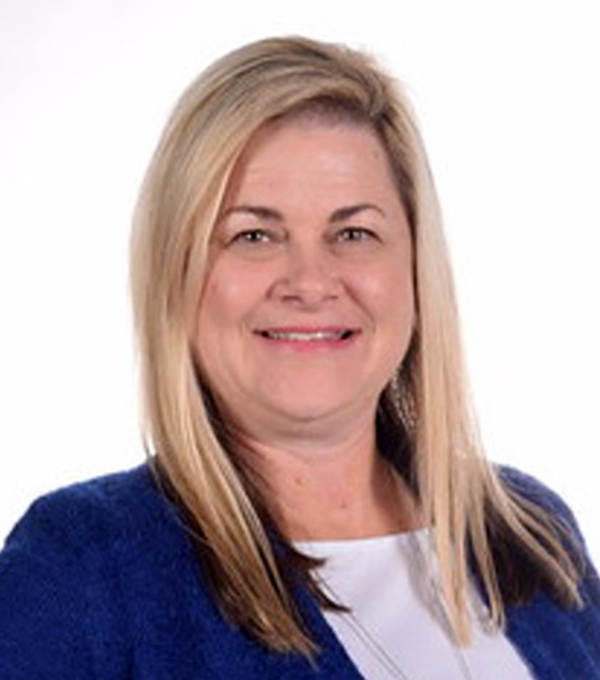 Dr. Kimberly Church
Dr. Kimberly Church
Director of the School of Accountancy
Missouri State University
Dr. Kimberly Swanson Church is the FORVIS Professor of Leadership & Director for the School of Accountancy at Missouri State University. Kimberly teaches in the area of managerial and accounting information systems with an emphasis in data analytics and emerging technologies. She has two decades of entrepreneurial and higher education experiences, including more than ten years in academic leadership roles within the American Accounting Association (AIS & TLC sections), the American Institute of Certified Public Accountants (CPA Evolution BAR Taskforce Co-Chair & APBP initiative trainer) and the Institute of Management Accountants. Kimberly is a national award-winning educator for her many classroom innovations using experiential learning techniques that best reflect real-world application of accounting concepts, including the George Krull/Grant Thornton, Jim Bulloch, Mark Chain/FSA and Bea Sanders/AICPA (honorable mention) teaching innovation awards. Her teaching and research interests include information systems, management accounting and disruptive technology implications for theory and practice. She has published many academic and practitioner articles, won several best paper awards and her articles have appeared in Accounting Horizons, Journal of Information Systems, Issues in Accounting Education, Journal of Emerging Technologies in Accounting, Journal of Accounting Education, BizEd and Strategic Finance. Most recently, she was named the 2021 MOCPA [Missouri] Educator of the Year.
Is Your Accounting Program Ready for Evolution – From the Intro to the Capstone Course?
The accounting profession is changing and so are accounting programs through pipeline initiatives to prepare graduates for the next twenty years. CPA Evolution is a response to profession demand for increased tax acumen, technology skills and information systems knowledge through discipline exams beginning 2024. Whether you are an accounting stakeholder onboarding students into your accounting program, serve as the capstone course coordinator or shepherd student along their accounting journey, you will want to join this round table session to discuss where you fit in the accounting evolution.
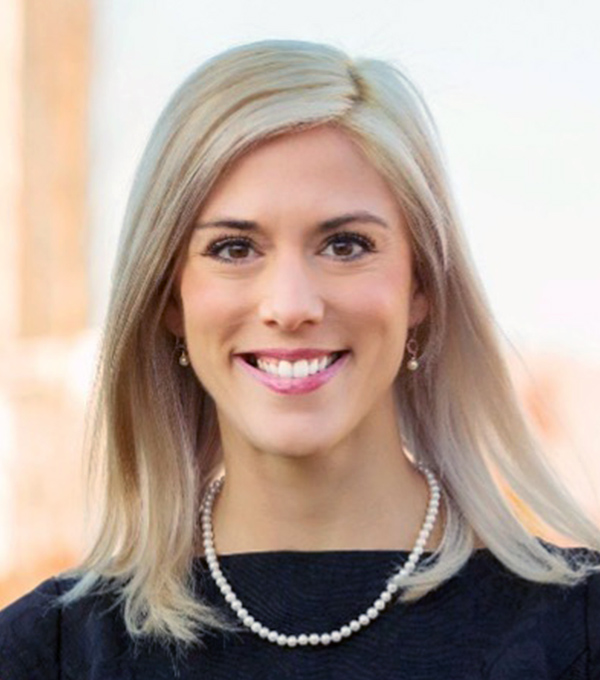 Dr. Jennifer Edmonds
Dr. Jennifer Edmonds
Associate Professor of Accounting
University of Alabama at Birmingham
Jennifer Edmonds, PhD, is an Associate Professor in the Department of Accounting and Finance at the UAB Collat School of Business. At UAB, she is part of an innovative pilot program focused on improving online courses. She is an author on a series of introductory accounting textbooks published by McGraw Hill and has written numerous articles that have appeared in publications, including The CPA Journal, Advances in Accounting, Journal of Accounting & Public Policy, and Research in Accounting Regulation. She has received the UAB Loudell Ellis Robinson Classroom Teaching Award, as well as teaching grants from Deloitte, UAB, and Virginia Tech. Dr. Edmonds received a bachelor’s degree in accounting from Birmingham-Southern College and completed her master’s and PhD degrees in accounting at Virginia Tech.
Gamification in Accounting Courses
A successful course hinges on student engagement. This presentation will discuss how to use gamification and collaboration platforms to boost engagement and build community in your course. Specifically, I will discuss techniques which can be implemented in platforms such as Slack and MS Teams. I will also demonstrate apps for Slack and Teams that can be used to poll students, host debates, schedule discussions and more. Gamification elements can be used in these platforms to get students excited about learning with leveling, badges, peer-recognition points and even a class store which adds incentives beyond grades!
This session will share details on how to incorporate these resources into your course and present data on results you can expect. Imagine active course participation staying above 90% for the entire semester. Imagine a class so engaging that students post over 14,000 comments! What if your DWF rate could decline by 20%? What if 85% of students watched your entire lecture video? If you are interested in seeing how these resources can improve your teaching performance, this is a must attend session.
 Dr. George Krull
Dr. George Krull
Retired Partner
Grant Thornton LLP
George Krull served as a Partner in the Executive Office of Grant Thornton LLP. After retirement, he remains active with the academic and professional accounting communities. He was an Executive-in-Residence and Professor at Bradley University, where he received Emeritus status in 2011. More recently, George served as interim Chair at the University of North Texas, Saint Louis University, and Oklahoma State University, respectively.
Krull served the American Accounting Association (AAA), AACSB International, AICPA, and the Pathways Commission. During the development and implementation of the Accounting Doctoral Scholars (ADS) Program, he served as a Trustee, President and past-president of the AICPA Foundation, the sponsor of the ADS Program.
In 2014, he was one of one hundred distinguished graduates of the Spears School at Oklahoma State recognized during its Centennial Anniversary celebration, and in 2015 was inducted into the Spears School Hall of Fame. In 2016, he received the AAA’s Outstanding Service Award and in 2020 the AAA’s Lifetime Service Award. In 2017, the AICPA awarded George its 106th Gold Medal Award of Distinction.
George received his undergraduate, masters, and doctoral degrees from The Ohio State University, Oklahoma State University, and Michigan State University, respectively.
Is Your Accounting Program Ready for Evolution – From the Intro to the Capstone Course?
The accounting profession is changing and so are accounting programs through pipeline initiatives to prepare graduates for the next twenty years. CPA Evolution is a response to profession demand for increased tax acumen, technology skills and information systems knowledge through discipline exams beginning 2024. Whether you are an accounting stakeholder onboarding students into your accounting program, serve as the capstone course coordinator or shepherd student along their accounting journey, you will want to join this round table session to discuss where you fit in the accounting evolution.
 Dr. Margarita Lenk
Dr. Margarita Lenk
Faculty Emeritus
Colorado State University
Margarita Maria Lenk’s signature enthusiasm, caring generosity, teaching excellence, and visionary servant leadership has served the accounting profession for 40 years as a professional, instructor, mentor, coach, consultant, presenter, and researcher. Her innovative nature and her background in economics, information systems, psychology, social sustainability, and accounting industry work experiences inform her values. Consistently serving in many AAA, AICPA. IMA, and COCPA roles throughout her career, she has been a major proponent for sharing university resources and using service-learning and community-based research to help strengthen community organizations, economy, and citizens in financial literacy, organizational control, and stewardship. A PhD Project faculty advisor since its inception, she has written and received many grants for diverse student leadership coaching, scholarships, and access to higher education. She has published research in many discipline areas. Her instruction and mentoring excellence is documented through her alumni success, as well as her many national, state, and university awards, including the 2019 Deloitte Foundation/AAA Cook Prize Professor.
Accounting Educators: Let’s Heal and Build Our HOPE and ENERGY again to recover from covid exhaustion in 2022!
The pandemic has changed our satisfying exhaustion after busy, productive days into burnout fatigue that has us feeling perpetually defeated. Burnout is a real response to excessive, prolonged stress. Many of us feel mentally, physically, and emotionally drained from the covid disruption to our daily routines, which has created serious competing work-life commitments, added additional responsibilities, and reduced our available resources, whether inside us or around us. This session will help us rebuild our courage, strength, and resilience again by tapping back into several systems that are effective to refill our hope and energy tanks, allowing us to become once again the positive mentors, instructors, and role models for our students, our colleagues, our families, and our communities.
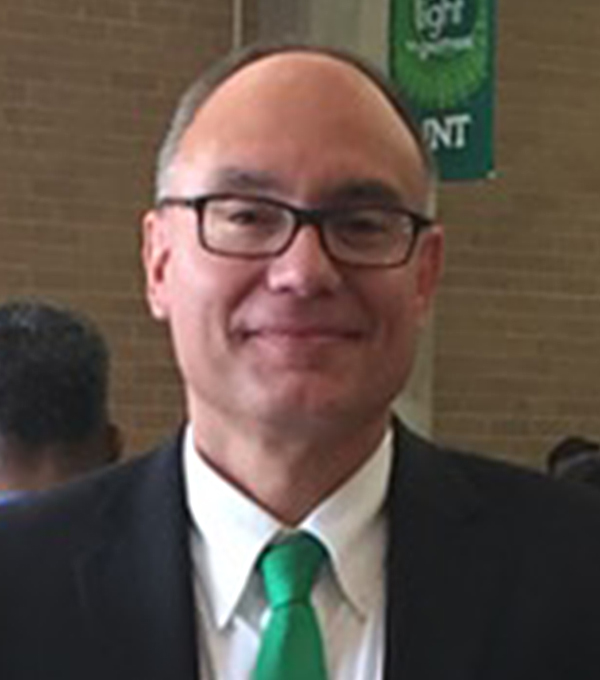 Dr. Jose Lineros
Dr. Jose Lineros
Clinical Assistant Professor
University of North Texas
Jose Lineros teaches information systems and IT Audit at the University of North Texas. He has a BBA in Accounting, Masters in Telecommunications, and a PhD in Educational Psychology. He currently holds a CPA, CISA, CIA, CFE, CSX, and CRISC along with a designation as a Microsoft Certified Technology Specialist. He has published in the Journal of Emerging Technologies in Accounting, Community College Journal of Research & Practice, New Directions for Institutional Research, and the Global e-Learning Journal.
The Ethics of Social Engineering Testing
Social engineering testing occurs over the phone, via email/text, and in person. The ethics of what is allowable is a gray area, varying by penetration firm and client. What is legal is not always ethical, and what is ethical is not always effective. In this presentation we explore what is permissible, advisable, legal, and ethical. Intersections of each are explored as well as singular tactics that may violate multiple assumptions of normative behavior. Our hope is to answer the question: how far is too far?
 Stacey Lhuillier
Stacey Lhuillier
Kansas State University
Senior Instructor
Stacey Lhuillier is a Senior Instructor for the College of Business at Kansas State University (KSU), in addition to a doctoral candidate for Adult Learning and Leadership at KSU. Stacey teaches within the Management department with primary focus on Business Ethics and Operation Supply Chain. Due to recent aspirations to discover collaborative teaching techniques and better methods to connect with today's students, Stacey is pursuing formal educator training through the Education doctoral program and takes pride in sharing innovative classroom strategies with other Business educators. Her dedication for the practice of teaching has afforded her over a dozen nominations for outstanding teaching award, teaching excellence award, and exceptional instructional fellowship to account for her efforts in the classroom. Prior to KSU, she worked for well over a decade in private industry as a financial planner for both individuals and corporations, taught Business courses as a full-time faculty member for the local community college and served as an active participant of family-owned entrepreneurial ventures.
Program Title: Back to Basics – Andragogy & Beyond for Student Engagement
Workshop Description: This interactive workshop will introduce Malcolm Knowles’ principles of andragogy, the art and science of teaching adults. Using these principles, participants will discover common sense teaching skills where teachers and students become co-learners and co-collaborators in the learning process. Learning and teaching is a reflective and interactive process where everyone in the class, both teacher and students, share their expertise in a collaborative process. The goal of the andragogical learning process is that students have ownership of their learning, and thus become more engaged in the classroom. Moreover, this approach to learning works equally well in the private sector with teams and staff development where everyone is responsible for the sustainable future of their organization.
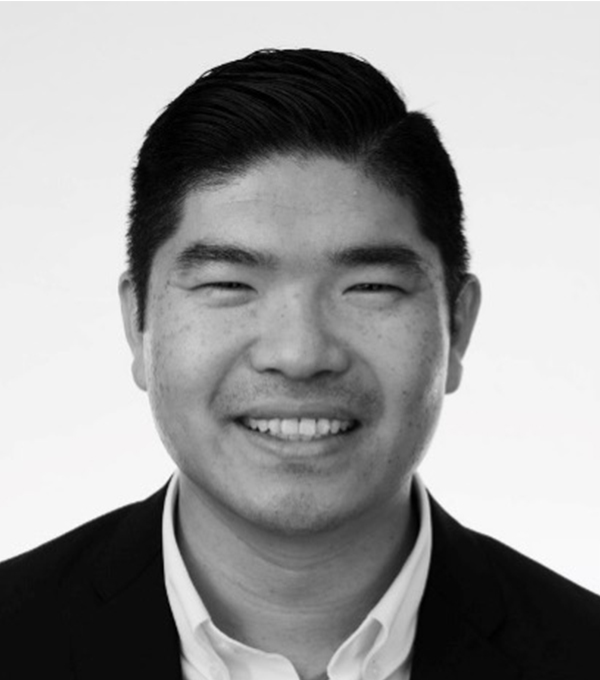 David Lo, CAE
David Lo, CAE
Senior Manager
California Society of CPAs
David Lo, CAE currently serves as senior program manager at the California Society
of CPAs (CalCPA). His primary responsibilities include empowering all Californians
through financial literacy, promoting the CPA profession among high school and college
students and career outreach to underrepresented minority populations.
David is an active member with the American Society of Association Executives (ASAE)
and California Society of Association Executives (CalSAE). He has served on CalSAE’s
government relations committee and Southern California regional council as a member
at large. He currently serves as a board member with the California Jump$tart Coalition.
Is Your Accounting Program Ready for Evolution – From the Intro to the Capstone Course?
The accounting profession is changing and so are accounting programs through pipeline initiatives to prepare graduates for the next twenty years. CPA Evolution is a response to profession demand for increased tax acumen, technology skills and information systems knowledge through discipline exams beginning 2024. Whether you are an accounting stakeholder onboarding students into your accounting program, serve as the capstone course coordinator or shepherd student along their accounting journey, you will want to join this round table session to discuss where you fit in the accounting evolution.
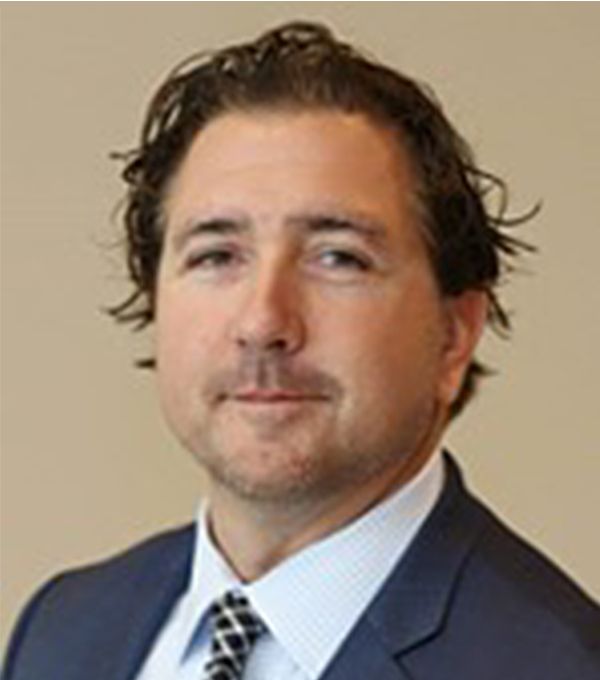 Billy Lyle
Billy Lyle
Senior Lecturer of Accounting
Oglethorpe University & McGraw-Hill
William Lyle, DBA, CMA, CFE has more than 15 years’ experience teaching accounting, finance, and taxation courses at the university level. Having recently completed his Doctor of Business Administration in Accounting at the University of Florida, William is currently serving as Senior Lecturer of Accounting at Oglethorpe University in Atlanta, GA. In addition, he works as a part-time instructor for the School of Accountancy in the Coles College of Business at Kennesaw State University. Prior teaching engagements include working with Western Carolina University, Indiana East University, Emporia State University, Western Governors University, Georgia Piedmont Technical College, Robert Morris University, and the Community College of Allegheny County (Pittsburgh, PA).
QuickBooks is Going Online
Bill Lyle will discuss the changes taking place in the QuickBooks Market that will affect course later this year. He will demonstrate Intuit’s new QBO Portal, and share his experiences, best practices, and tips for transitioning to teaching QBO, using the Intuit’s Portal and McGraw-Hill’s Connect.
 Steve Schuetz
Steve Schuetz
Executive Portfolio Manager on the McGraw-Hill Accounting list
McGraw-Hill
Steve Schuetz is an Executive Portfolio Manager on the McGraw-Hill Accounting list for nearly 20 years where he oversees a variety of accounting titles from Introductory Accounting to Data Analytics for Accounting.
Technology Integration for Your Classroom
McGraw-Hill’s Strategy for addressing the Model Curriculum, New Data Analytics Resources, Integrated Excel Resources, Critical Thinking Resources, and Accessibility will all be discussed. Wayne Thomas will share his tips and approach for incorporating these resources into your current accounting curriculum.
 Dr. Wayne Thomas
Dr. Wayne Thomas
McGraw-Hill Author & Senior Associate Dean
The University of Oklahoma
Wayne Thomas is the Senior Associate Dean for Faculty and Research Innovation at the Michael F. Price College of Business at the University of Oklahoma. He holds the David C. Steed Chair in Accounting and OU’s designation as a George Lynn Cross Research Professor. The best part of his job is teaching students. He enjoys the challenge of helping students become problem solvers, think more critically about the role of accounting in society, and have a passion for learning. He co-authors three books with McGraw-Hill: Financial Accounting 6e, Intermediate Accounting 11e, and Financial Accounting for Managers 1e.
Characteristics of Great Accounting Teachers
Can you think back on some of the best teachers you’ve had and what made them so impactful to you? What were the characteristics that made them great? In this session, we’ll discuss some of the ways teachers can have a positive impact on students. This will include a discussion of the three levels of instruction, how to think about this instruction in today’s accounting education environment, the latest tools that are available, and a perspective on our role as educators.
Technology Integration for Your Classroom
McGraw-Hill’s Strategy for addressing the Model Curriculum, New Data Analytics Resources, Integrated Excel Resources, Critical Thinking Resources, and Accessibility will all be discussed. Wayne Thomas will share his tips and approach for incorporating these resources into your current accounting curriculum.
 Dr. Angela Spencer
Dr. Angela Spencer
Associate Professor
Oklahoma State University
Angela Wheeler Spencer is an Associate Professor and the Undergraduate Program Coordinator in the School of Accounting at Oklahoma State University. She also currently holds the Lanny Chasteen Chair and Haskell Cudd Professorship. Angela joined the faculty at OSU in 2006 after completing her Ph.D. at the University of Arkansas. She currently teaches at the undergraduate and graduate levels, including courses focused on accounting theory and innovation and labs focused on data analytics. Her current research interests primarily focus on issues related to sustainability reporting, accounting education, and financial reporting. She has published work in academic publications, such as The Accounting Review and Issues in Accounting Education, and practitioner-focused publications such as The CPA Journal. She is also the recipient of teaching awards at the university, state, and national levels. Angela maintains an active CPA license in both Oklahoma and Arkansas.
Sustainability Reporting and the Accountants We Need Tomorrow
Our Gen Z students care deeply about each other, the world around them, and the future. They value authenticity and are perhaps more skeptical than previous generations. Attracting these students to business, and accounting in particular, may seem difficult. However, a rapidly growing segment of the profession’s offerings—sustainability reporting—offers a way to introduce all students to the vital role of accounting in supporting positive changes in society. Discussions centered around sustainability reporting offer an opportunity to excite students about the profession’s ability to improve business decisions and better inform the public about business actions. Likewise, this topic offers an excellent opportunity to help students better understand the value accounting offers to all of society, not just for-profit companies. In this session we will review the current state of sustainability reporting and discuss ideas to introduce current and future students to their own opportunities to be change makers by joining the accounting profession.
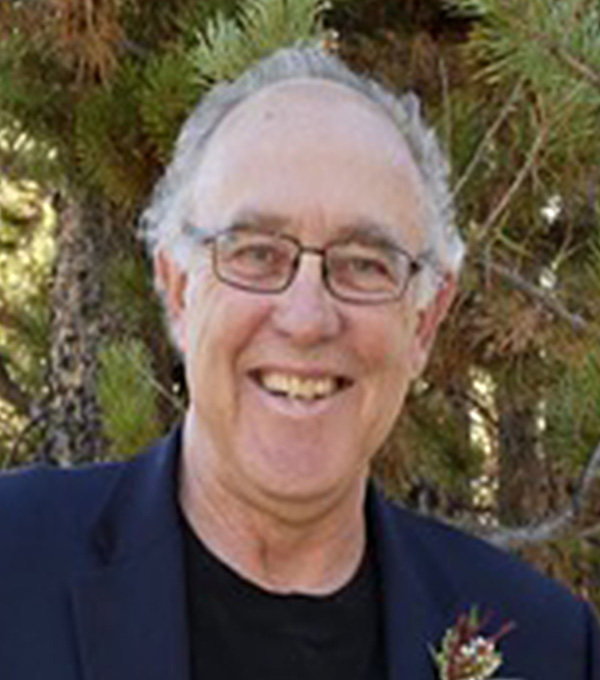 Dr. Jeff Zacharakis
Dr. Jeff Zacharakis
Professor
Kansas State University
Dr. Jeff Zacharakis is a professor of Adult Learning and Leadership at Kansas State University. This graduate program primarily serves leaders and educators in private industry, community colleges, the U.S. Army, and higher education. In today’s world of management, leaders are educators, mentors, and coaches to their staff and team. Jeff’s research areas include organizational, community and leader development, as well as adult literacy and foundations of adult education. Prior to his tenure at K-state, he worked in private industry, taught at community colleges, and served as an area specialist in community and organizational development at Iowa State University Extension.
Program Title: Back to Basics – Andragogy & Beyond for Student Engagement
Workshop Description: This interactive workshop will introduce Malcolm Knowles’ principles of andragogy, the art and science of teaching adults. Using these principles, participants will discover common sense teaching skills where teachers and students become co-learners and co-collaborators in the learning process. Learning and teaching is a reflective and interactive process where everyone in the class, both teacher and students, share their expertise in a collaborative process. The goal of the andragogical learning process is that students have ownership of their learning, and thus become more engaged in the classroom. Moreover, this approach to learning works equally well in the private sector with teams and staff development where everyone is responsible for the sustainable future of their organization.